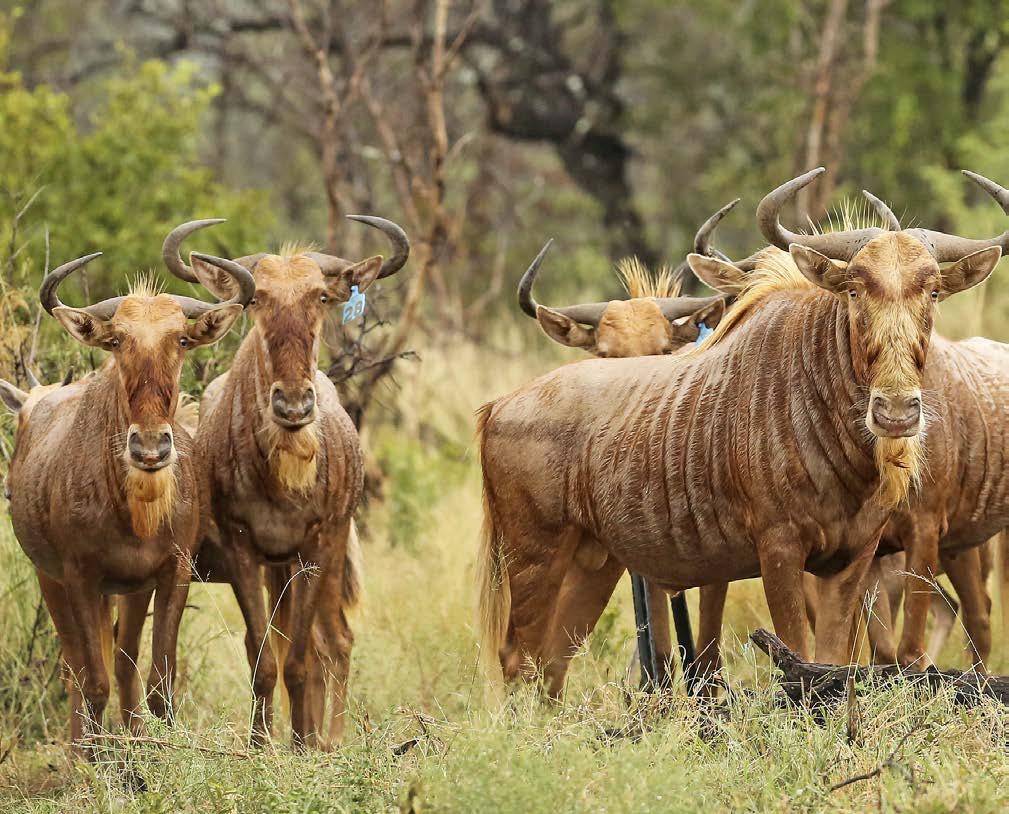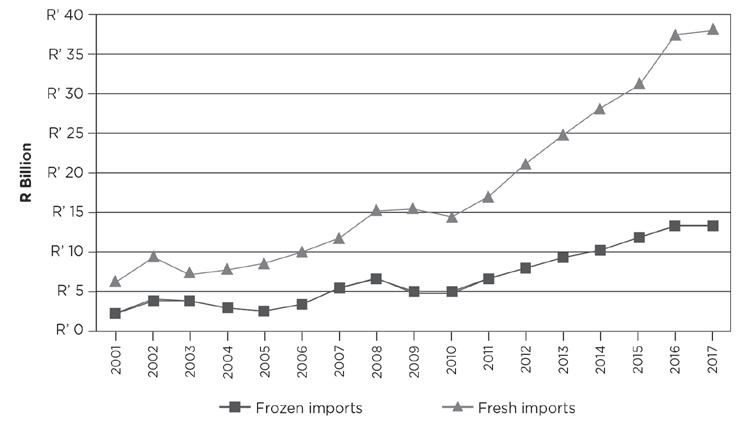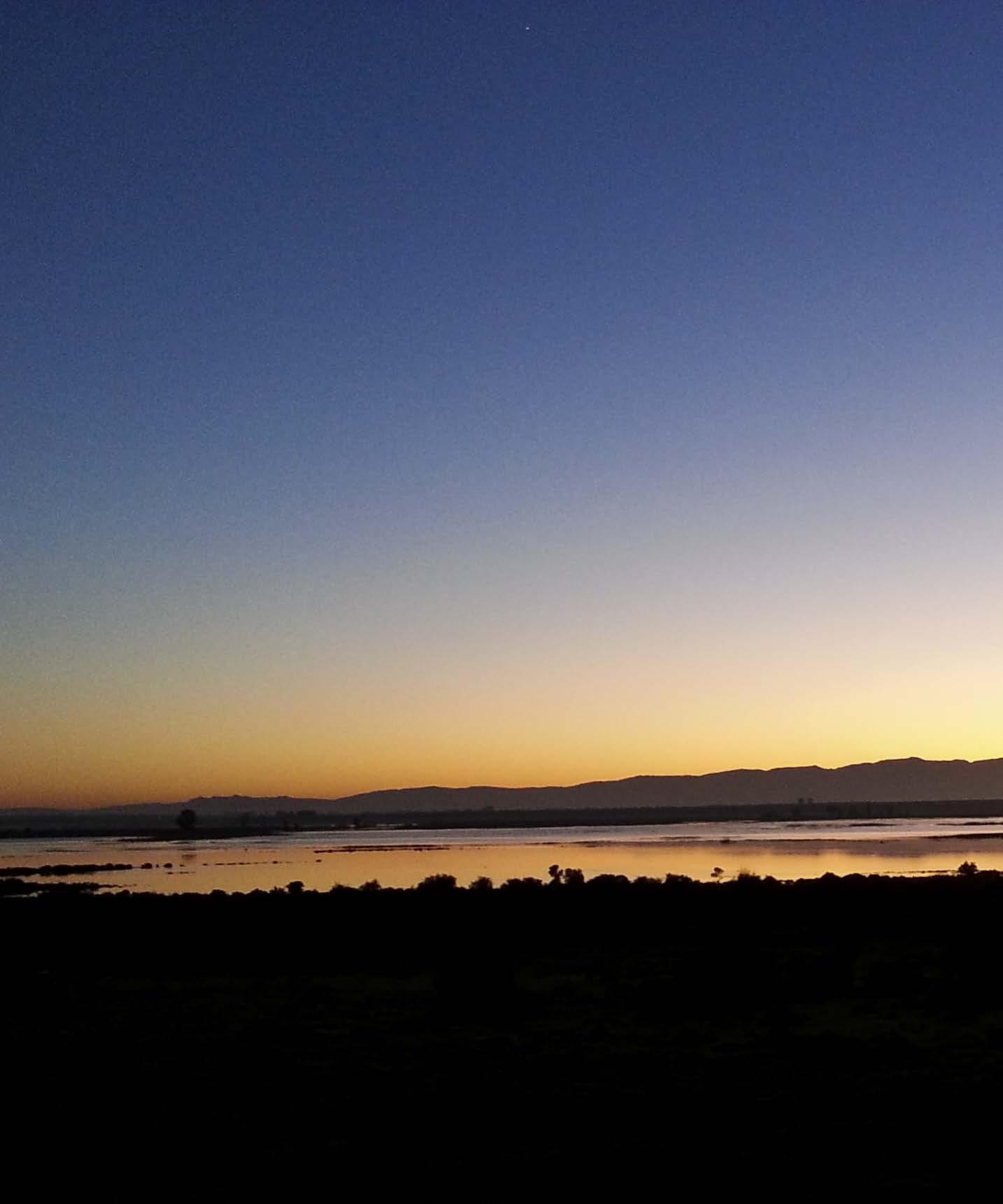
2 minute read
Kluitjieskraal nursery: Growing a community
by WCDOA pubs
by Annabel Horn & Stranton Narain
TThe Kluitjieskraal Nursery offers opportunities for economic, social and biodiversity value chain transfer. The LandCare programme of the Western Cape Department of Agriculture has driven the development and management of the Kluitjieskraal Nursery and provides the salaries for nursery staff, who are from the neighbouring settlements, Kluitjieskraal Bosdorp and Pinevalley.
LandCare also provides training, which leads to the upliftment of the community.
“The annual Kluitjieskraal Nursery Information Day is an indication of a vision, where you collect your partners around you, and the message is: Restore the area and make it ecologically sustainable,” said Francis Steyn of LandCare Services.
“This day of selling plants to farmers was
“The annual Kluitjieskraal Nursery Information Day is an indication of a vision, where you collect your partners around you, and the message is: Restore the area and make it ecologically sustainable.” an initiative by Rudolph Röscher, regional LandCare manager of the Cape Winelands. The first Kluitjieskraal Nursery sale day was held in 2008. “The economic value growth of indigenous trees and the importance of enhanced biodiversity is spreading to the farmers, who are able to get seedlings from the nursery, care for them until they are a certain size and then plant them”, said Francis.
“Kluitjieskraal used to be an old forest station, but in the 1990s many people lost their jobs. There were unemployed people with nursery skills living in Kluitjieskraal Bosdorp and Pinevalley. We decided to redevelop the Kluitjieskraal Nursery to uplift the community and encourage farmers and others to plant indigenous trees in rural areas,” said Rudolph.
What are the achievable goals that have been reached by the LandCare initiative at Kluitjieskraal Nursery?
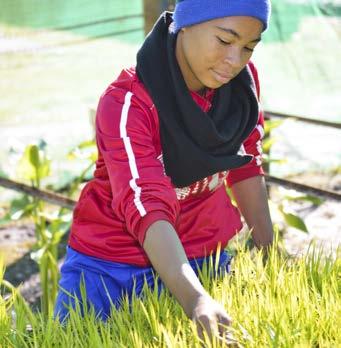
20 000 trees are grown at Kluitjieskraal Nursery per year.
In 2017, 12 000 trees were sold at the Nursery Day.
In 2018, 6 700 trees were sold to 70 different farmers, noting that this drop from 2017 was probably due to the drought conditions, as seedlings need to be watered.
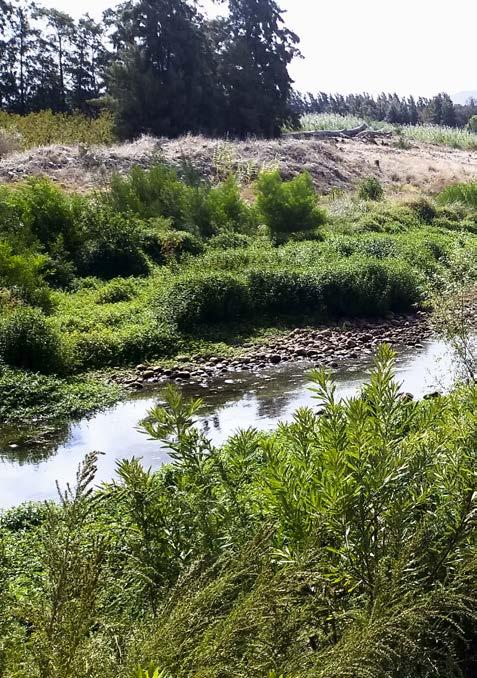
There are 10 people employed at the nursery throughout the year. With an average of 240 working days per year, this equates to 2 400 person-days per year.
The Nursery Day is managed by Breedekloof Wine Valley and Tourism, whose sales provide finance for the running of the nursery and aspects such as the provision of irrigation, while also raising awareness about environmental issues.
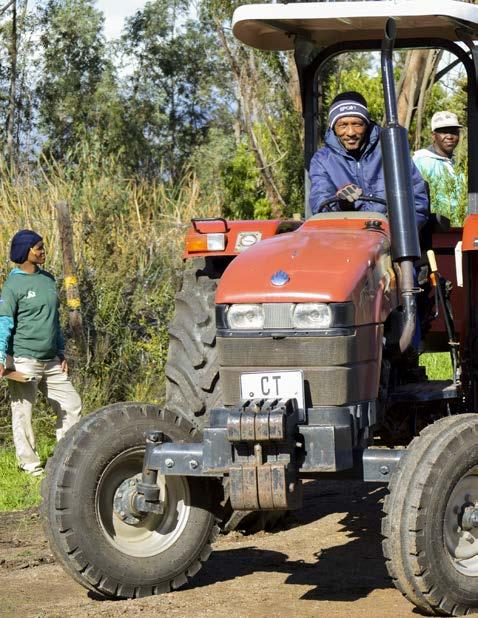
The added value of the Kluitjieskraal Nursery is that it provides plants that assist in the rehabilitation of both areas cleared through alien clearing, namely along the rivers as well as indigenous plantings on farms. The rehabilitation along rivers in particular, leads to improved biodiversity, which in turn ensures sustainable ecotourism and improved water quality achieved by filtering, e.g. through palmiet plants.
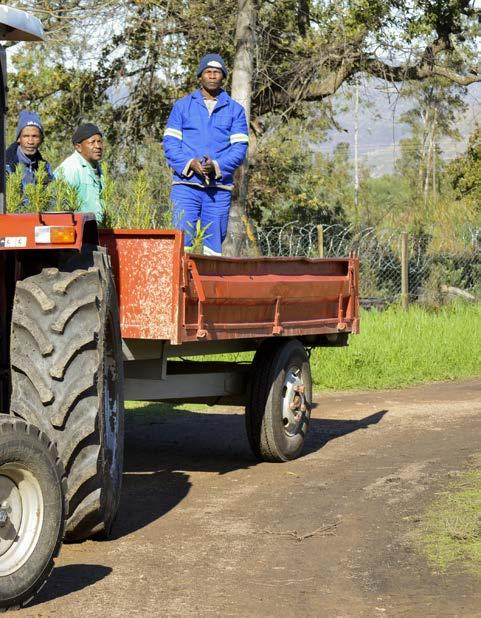
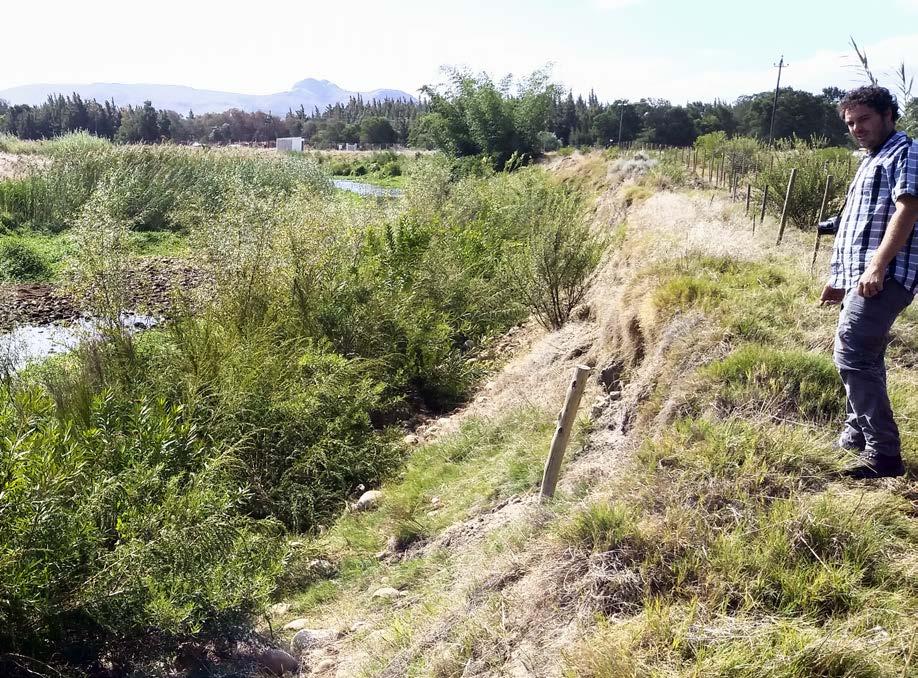
“The Berg and Breede River Catchment rehabilitation programmes support the Kluitjieskraal Nursery. Since June 2013 just over 40 hectares were planted with indigenous plants from the Kluitjieskraal Nursery,” said Jason Mingo of the Western Cape Department of Environmental Affairs and Development Planning.
The nursery is integral to the indigenous plant biodiversity augmentation in the catchments of the Western Cape, as well as showing a transfer of value to the communities involved in both the propagation in the nursery as well as the rehabilitation in areas cleared of alien plants.
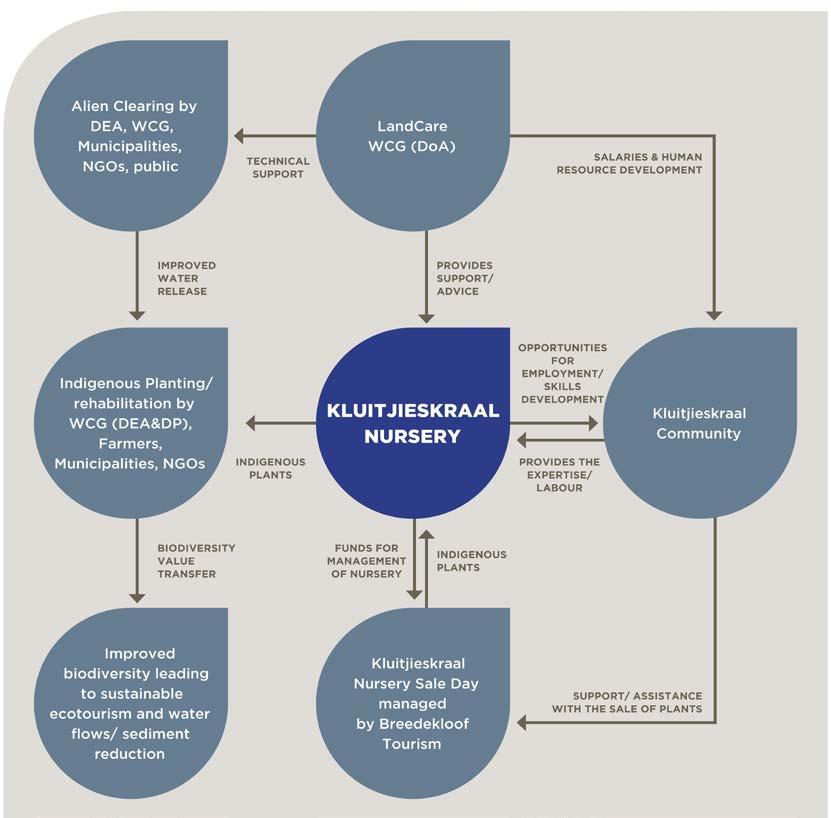
The Kluitjieskraal Nursery, situated 2km from Wolseley, is open weekdays from 7h30 to 16h00 (closed on weekends and public holidays) to the public for tree sales. AP
For more information, contact:
Carol Jacobs: CarolJ@daff.gov.za
Annabel Horn: annabel.horn@westerncape.gov.za






